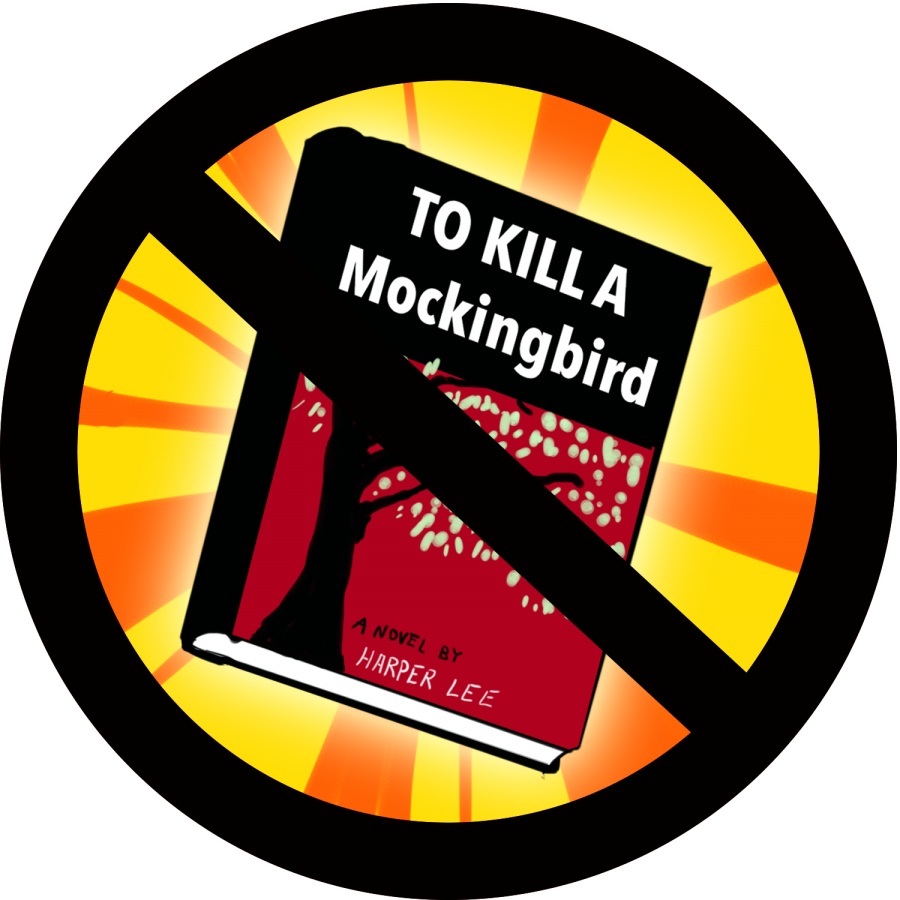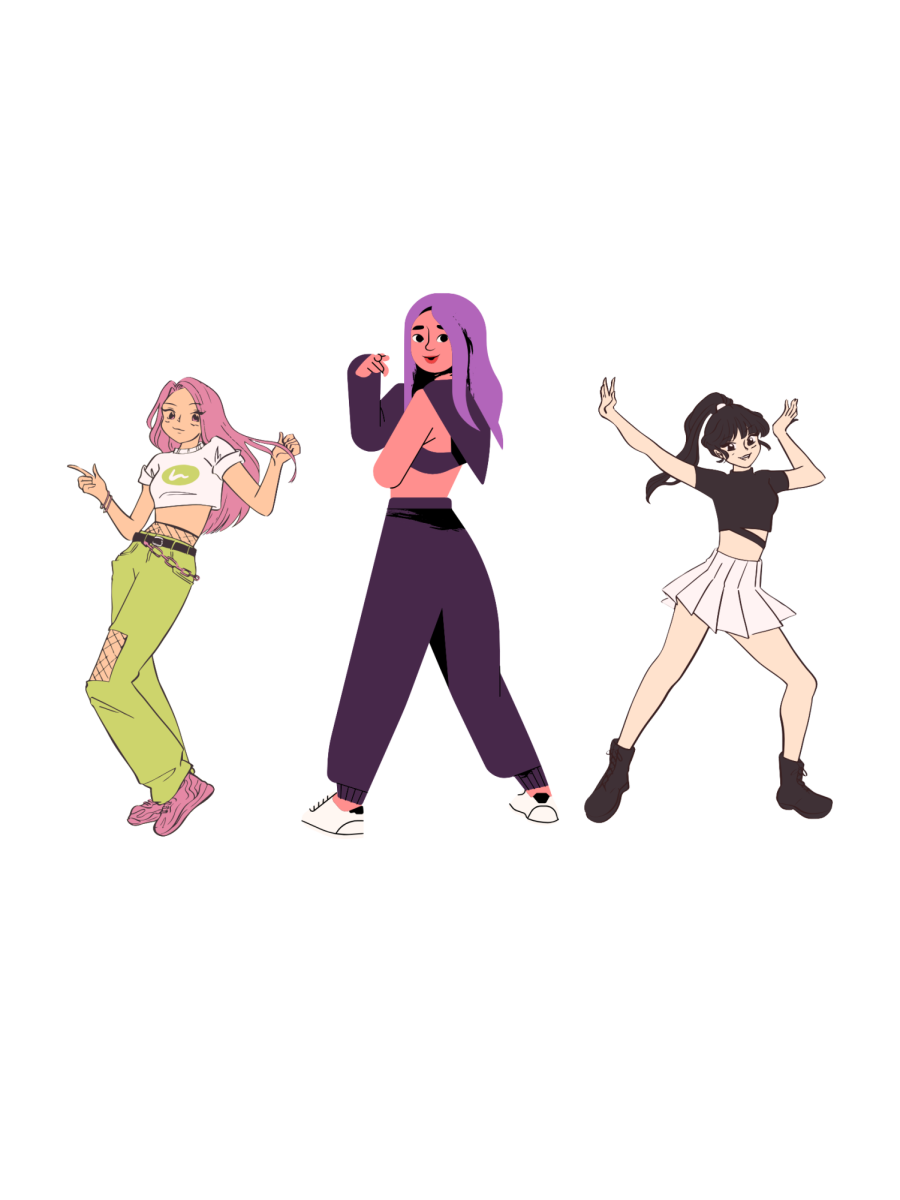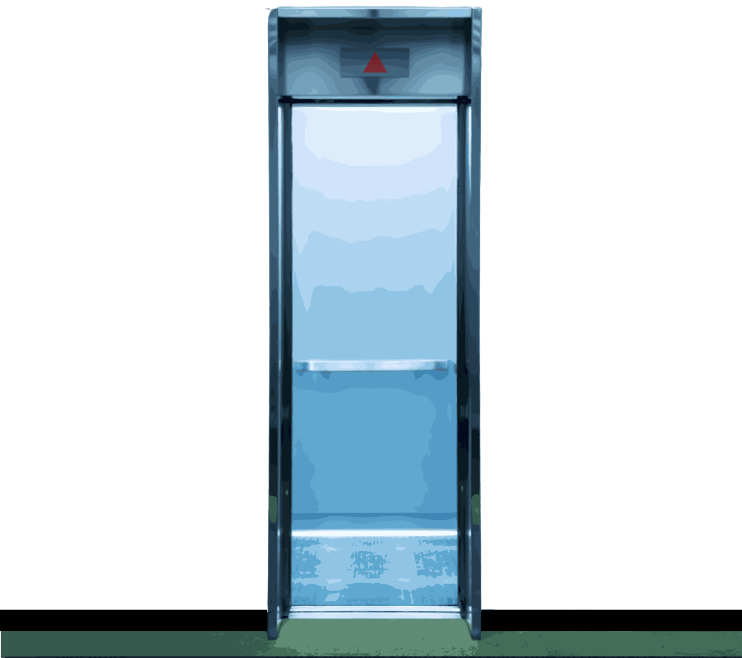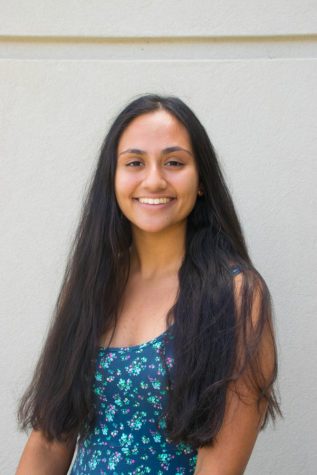From 6th grader Isabel Tongson to senior Tedi Beemer, students won T-shirts and ice cream during the Banned Books Competition. Alongside the participants, many students alike value the importance of reading and could not imagine their lives without the exposure to some of the banned books listed.
Every year our school holds Banned Books Week, which is dedicated to celebrating the freedom to read and raising awareness regarding the problem of censorship., which Trinity partakes in by holding a host of activities.
Unfortunately, banning books has become a common practice in American society. Usually it’s because they contain explicit content, but many are banned because they contain information that goes against religious beliefs or even political ideas. Parents who don’t want their children to read a specific book can challenge that book. If the school thinks the challenge has basis, it can ban the book. Meaning, the school cannot keep the book, and students aren’t allowed to read it at school.
This can be seen as a violation of our rights because students should be able to read whatever they want to read. Yes, there are some books that contain content that might not be age appropriate, but there are ways to work around that issue rather than getting rid of the book completely.
“I believe that banning certain books should really be up to the parents instead of the librarians/faculty of the school,” Freshman Lara Boerth-Dryden said. “Each family has their own different ways and values and that should be respected. I think that schools should simply keep the parents in the loop if their kid is reading something that could potentially have a more mature content.”
Parents who feel the need to shelter their children from learning different ideas usually challenge a specific book, which becomes problematic for other children because that prevents them from making their own choices of what to read. Some schools will ban books if the school itself is less open to different religions or ideologies, or just if the book has inappropriate content.
According to the American Library Association, 307 books were challenged to be banned. Of the 307, ten books were banned. These include The Hunger Games by Suzanne Collins, Bone (series) by Jeff Smith, Looking for Alaska, by John Green.
“I don’t think any book should be banned under any circumstances, but if you were in a situation, I would prefer a parent tell their child to not read the book, and then that child taking that responsibility to not check it out rather than imposing anything through the school,” Librarian Reba Gordon said.
Books are just like movies; there are certain ones that are rated R and are therefore only for a certain age group. Although, these are still available for anyone to see. Putting an age recommendation for the movie allows people to know what they shouldn’t see rather than taking away their right to see it completely by banning it.
Just like movies, books tell a variety of stories that can be very important for children’s education. To Kill a Mockingbird, Animal Farm, Fahrenheit 451, and The Diary of Anne Frank are just a few examples of books that have been banned or challenged in some schools or districts. These books all either contain important information about our history or introduce a new idea about the future. This is especially fundamental for students’ learning because they contain key events that have had a great impact on our society, whether it was good or bad.
“Many important literary works have been placed on lists of banned books,” Headmaster Craig Maughan said. “As a policy, we ask our librarians to consult with our Director of Curriculum and the Academic Department Chairs if there are questions raised by those books. As an independent school, we establish our own guidelines and do not depend upon external sources to make those decisions.”
To make banning books become less prominent, we can share the importance of reading specific books that have had a great impact on society because some people don’t realize this and assume that the book doesn’t teach proper information.
Trinity students are very fortunate because there aren’t restrictions when it comes to reading and learning. We have a library filled with books for all age groups, religions and even political beliefs. This allows us to be exposed to different ideas and concepts which we may not have initially imagined before.
“I thought The Outsiders was really interesting because students can relate to the characters and even somewhat with the plot,” Sophomore book-lover Jordon Rupp said. “It really caught my attention and I kept wanting to read more and more. The Outsiders is one of my favorite books and if I wasn’t exposed to this book in English class, I probably wouldn’t have read it at all.”
Even though banned books don’t affect Trinity students since there hasn’t been a single banned book here, we need to be aware of this issue and how it affects other children. Not everyone has the opportunity to go to a school that promotes complete freedom of reading. We have been raising awareness by hosting a Banned Book Week competition. Students could guess which books we read at Trinity have been banned or challenged by other schools.
This is a good way to educate other students at our school who don’t know about the banned books issue. We can also go further and communicate with other schools about the problem with banning books and its negative impact on children’s learning.
“In our library, we have the Koran, the Bible and several different religious books, and that’s the way it should be to learn about other religions and beliefs,” English teacher Georgia Parker said.
Approximately 13 books in our English curriculum have been banned or challenged outside of Trinity. Promoting the reading of all books, Trinity has impacted students’ education.















